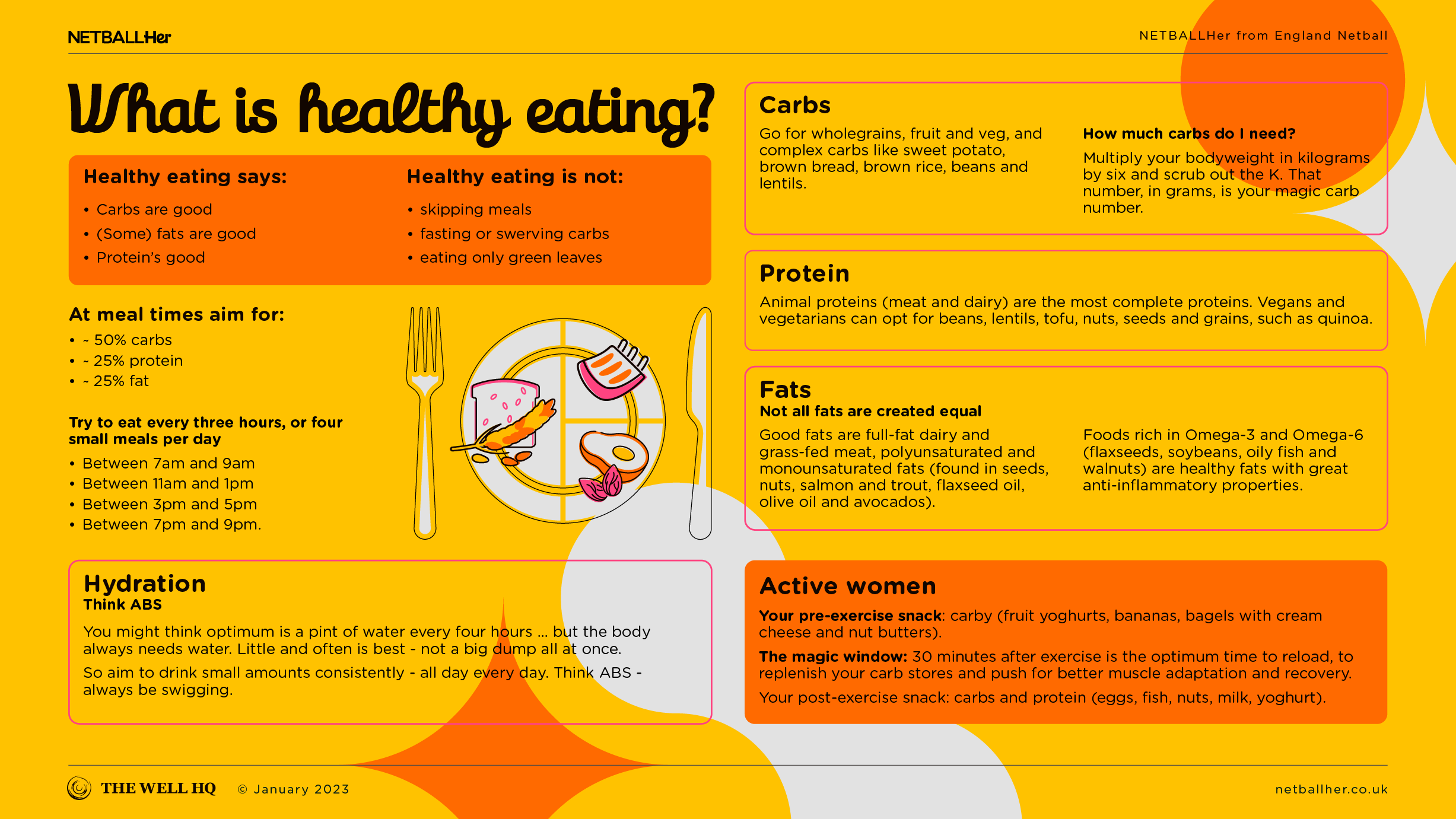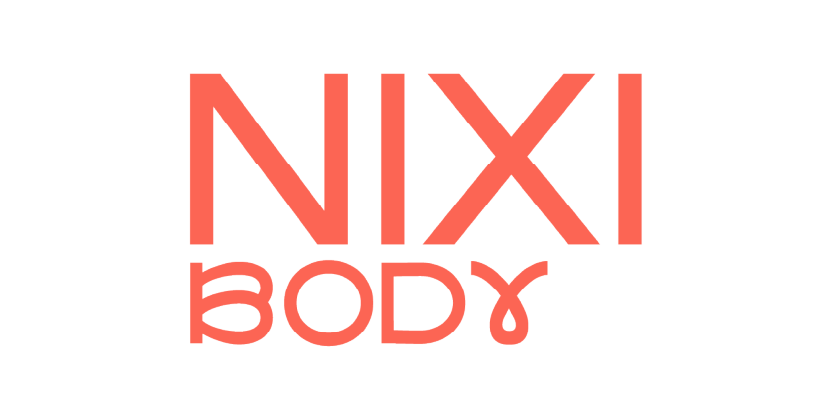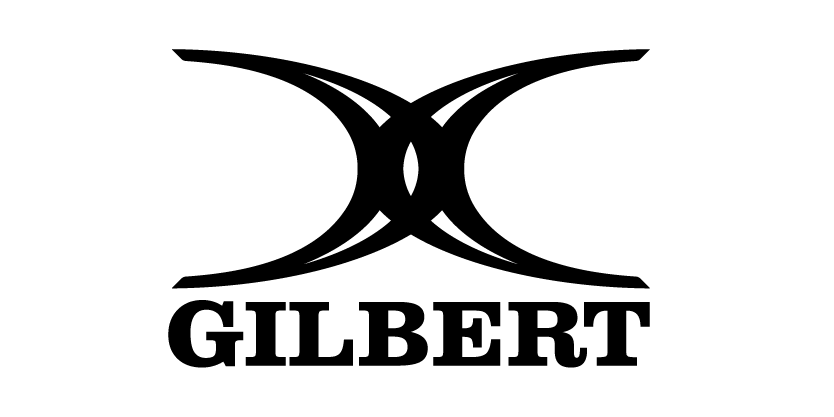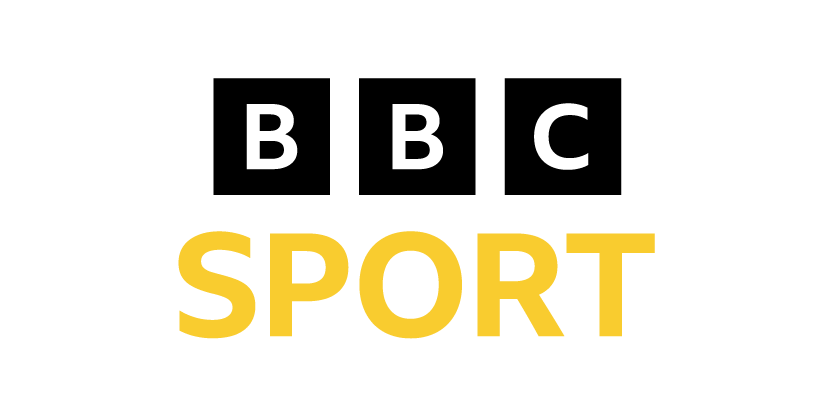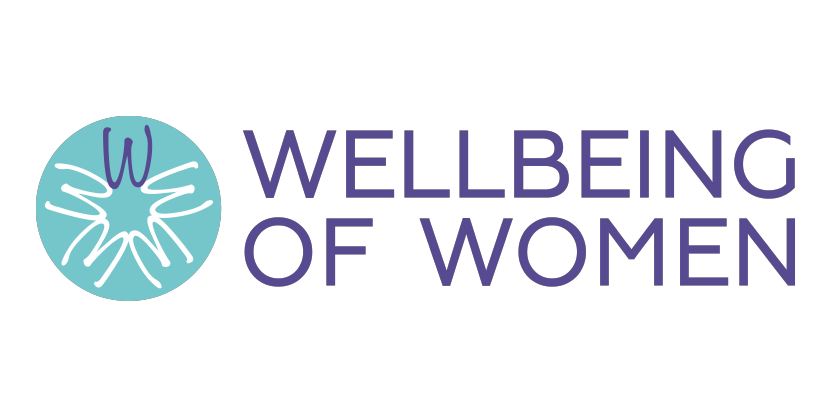Click play for an audio readthrough of this article
Some women need to lose weight for health reasons and doing so is about much more than diet …
Some women need to lose weight. No shaming, no judgement, it just is what it is. UK government stats reckon 60% of women in England are overweight or obese, while north of the border as much as 64% of women are overweight or obese.
So in this article we’ll talk through strategies and tripwires on the journey to weight loss, and we’ll start with this: losing weight is a mission.
Some folks think it’s just about food. If only it were that simple …
Weight loss for people who need to lose weight
Strictly from a health point of view, excess weight, sooner or later, causes problems. Aside from the big, flashy neon risks – heart attacks, diabetes, strokes – excess weight causes simpler and subtler disruptions to the body’s operational integrity.
For starters, it’s a performance risk. If you’re reading this article on NETBALLHer then chances are you play netball and, well, excess weight and peak sporting form and / or endurance don’t really jive.
More than that, however, excess weight disrupts several key female body systems and, as a result, overweight women are more likely to experience pelvic floor dysfunction. There’s also an elevated risk of picking up injuries and illnesses because excess weight muffles the immune system.
Primarily, though, women are much more sensitive to excess weight than men, because it influences how well our hormonal systems operate. Basically, healthy weight equals optimal functionality, while excess weight causes the hormonal system to stutter.
The implications of a wonky hormonal system range from erratic menstrual cycles to more intense menstrual symptoms (physical and emotional) to longer injury recovery times. With excess weight, it’s likely your exercise gains and muscle adaptations will be limited because the hormones facilitating that process can’t fire on all cylinders.
Excess weight can also play havoc with your blood sugar levels, and unstable blood sugar is a gateway for more weight gain, fatigue, low energy, slumps, stress and poor sleep. It’s a vicious cycle, really.
Sleep for weight loss
We could lay down some catchy advice here, like a 10 Top Tips for Healthy Eating sort of thing, but that’s been done to death and, fact is, knowledge isn’t enough. We need to form new habits and break old ones … and that’s excruciatingly difficult to do.
Really, if you want to lose weight, it’s not just about addressing your diet. Not in isolation. Diet is important, obviously, but losing weight (and keeping it off) is or can be a whole lifestyle overhaul … and it starts at night.
It sounds odd, but weight loss is near impossible if you’re short on sleep. It’s physiology: lack of sleep promotes cortisol (the stress hormone) in the body and too much cortisol tends to stimulate weight and / or fat gain. In actual fact, cortisol and stress are the chief causes of a sleepless midlife and the middle-aged spread.
Still with physiology, your body systems (hormonal, dietary, protein synthesis and so on) use sleep as a fuel, so if you’re not getting enough shut-eye then those same systems have to work on half a tank. Half a tank equals half a job.
Then there’s the practical aspect: when we drag tiredness into the day, we often look to bad-food pick-me-ups to power through. That inevitably means sugar, caffeine, fat, carbs and otherwise poorer food choices.
Your food environments
We said that weight loss is a lifestyle thing, and that definitely includes your social life. One thing we can all be guilty of, even athletes, is dieting and investing in good behaviours through the week … and then having regular weekend blowouts (food and / or booze) that serve to cancel out the gains … and deliver industrial quantities of guilt, shame, and cravings for fats and / or carbs.
Similarly, if your social life is based on pub lunches, or daily coffee and cake adventures, then some of those habits may need to be pared back and that’s more easily said than done, especially if your friends aren’t on-board with your new lifestyle.
Peer pressure is a real thing and many of us feel hemmed into certain friendship roles (the cake friend, the wine friend, the bottomless brunch friend) that aren’t easy to redefine. You might need to do that, temporarily at least.
Then there’s how and when you eat. If you’re a food-on-the-go person, it can take real diary management (and food planning) to change course; to plan meals and to plan where, when and how to eat.
How to eat? Yes, as Nutritionist Mandy Leonhardt told NETBALLHer, eating slowly while sat down is the optimal way to go and it’s something too many of us overlook, especially on busy work days.
So planning ahead is key in all areas. Back-up strategies are similarly vital too: it’s no good going to a pub or restaurant armed only with good intentions to dodge the award-winning fish and chips, or the irresistibly creamy dessert.
What if your go-to chicken salad isn’t available? What if everyone else orders the fish and chips and you feel all Billy-no-mates? What if there’s complementary cake? You need B, C and D scenarios in case Plan A doesn’t work out.
Keep it practical
Another essential in your new regime is ensuring you can plan and make meals ahead of time, and that staple foods are readily available at home. This is a no-brainer so you can keep momentum, and aren’t faced with bum-dinner-options of crisps, frozen chips or a takeaway menu.
What’s required is a level of foresight and preparation that certainly takes time, and effort, and will probably incur extra cost. If your budget’s tight then, yes, eating healthily may require you to sacrifice spending elsewhere.
So we’ll say it again: weight loss is hard because it’s not just about food. It touches just about everything, more or less. And while it’s definitely worth doing – for the sake of your game, your health and your future health – we can’t kid ourselves into thinking it’s about diet alone.
Can I fast myself thin?
If you’ve had a mosey around the Nutrition section of NETBALLHer you might have stumbled on an article about certain training diets. For women, in most cases, fasted training gets a no from us.
That said, if the goal is weight loss – and you’re in the overweight or obese categories – then fasting can offer a short-term boost with some myriad benefits.
Provided you set a clear, safe and finite goal (and don’t take it too far), fasting may reduce your blood pressure, kickstart some of those faltering body systems, and start to reduce inflammation inside the body.
The above things … they’re good things. But to underline it: fasting offers a short-term boost; it’s not a long-term strategy.
So if you’re eying up any of the common fasting techniques (16:8 hours, or 5:2 days) then you need to be very clear how long it’ll last and what specific goals you want to hit. It’s still important to consume enough (but not too many) calories during your ‘on’ hours / days and it’d be even better if you have a doctor or dietician on-side.
Tame your Bliss Point
Most diets tell you to make different food choices. Eat less of this is great advice on paper, but the truth is that many of our food choices aren’t choices at all. Not conscious ones, anyway.
See, the food industry is crafty. There’s a thing called a Bliss Point, which is basically the magic balance of salt or sugar or fat (or all three at once) that makes a food as close to addictive as possible. Manufacturers spend obscene sums of money to calculate and meet their food’s Bliss Point.
The goal of a Bliss Point is to overwhelm customers with taste satisfaction and deliver a short-term dopamine hit that’s very, very moreish. We eat one, we crave more, we finish, we buy more. Chi-ching.
So when your favourite crisp brand challenges you to stop once you’ve popped, you’re essentially going toe-to-toe with science … and you probably won’t win.
Why mention Bliss Point? Because people, essentially, all have our own Bliss Points too. We have a level of salt or sugar or fat (or all three at once) that really hits our spot. The more processed foods we eat, the more extreme our Bliss Point gets and the more laden with baddies our food needs to be to grant us bliss-point-satisfaction.
But tastes change and you can tame your Bliss Point. It might hurt at first but by increasing consumption of less processed or, better yet, unprocessed foods, your palette will soon adapt and you eventually won’t need the megaloads of fat, salt and sugar.
You can turn the volume down on your Bliss Point and stop craving those extreme tastes.
Add foods in (don’t take them out)
Another area where our advice differs from most is that we recommend you see dieting as a time to add foods in, rather than take foods (or food groups) out.
We find it helps to see diets not as what can I strip out but more what can I put in. A portion of vegetables with every meal. More water. More nuts. Take a pot of seeds with you. More soup. In fact, batch cook soup so it’s always ready to go.
When diets are more about more and less about less, it can really take the sting out. And by adding in more of what’s good you’ll probably find that you’ll keep hunger at bay, while your Bliss Point, as above, will calm down.
With enough time, you might get as excited about cauliflower as you once did about crisps.
The recap
- Sort your sleep
- Be prepared to rethink your friendships and social appointments
- Good-in-the-week-bad-at-weekends can be a self-defeating way to go
- Scrutinise your food environments
- Think in Plan Bs (and Cs and Ds and Es)
- Fasting can work in small doses but it’s not a long term strategy
- Plan when, where and how to eat
- Plan meals ahead of time
- Always have good food in the house
- Add good foods in (don’t see only stripping bad food out)
- Turn the volume down on your Bliss Point (it’ll hurt at first but it’s worth it)
Despite what Instagram says, weight loss is a tough gig because it’s really not about the food. To coin a cliche, if it was easy you’d have done it by now. No, we’re all a unique labyrinth of triggers and tastes and habits and food is tied up in all of the above.
We haven’t gotten into real specifics here as the approach and what’s best will differ, person to person, based on your current weight, your goals, your food tastes, your sport (and your level) and what resources you have to hand.
But suffice to say, weight loss is about looking at everything and being prepared to rewire old habits. That means a conscious look at your sleep, friends, social life, shopping habits, cooking habits, work habits, eating habits … all in the name of building a healthier regime that a) works for you and b) is sustainable.
Good luck, stay strong, and know this: the more you do it, the more visible the results, the better you’ll feel and the more momentum you’ll have to keep going.
Like anything, it’s tough at first but the spoils are worth it. You’ll feel ‘em in your game, your body, your sleep and just maybe in your confidence too.
As a reminder, the content of the course belongs to The Well HQ. You have permission to access and use the content yourself or, if you are an organisation, for the number of users selected, but are not otherwise permitted to share such content with others, all in accordance with our Course Terms and Conditions.

